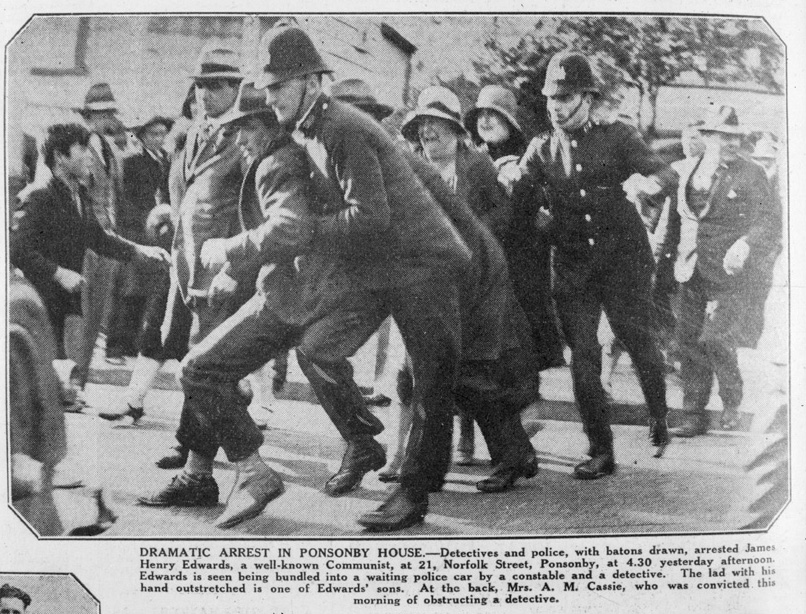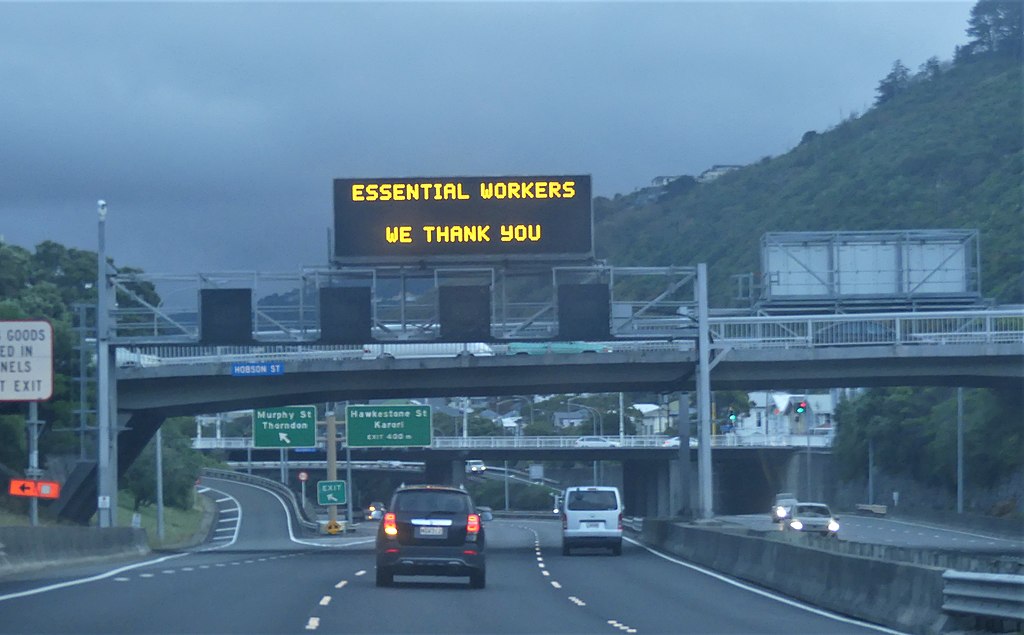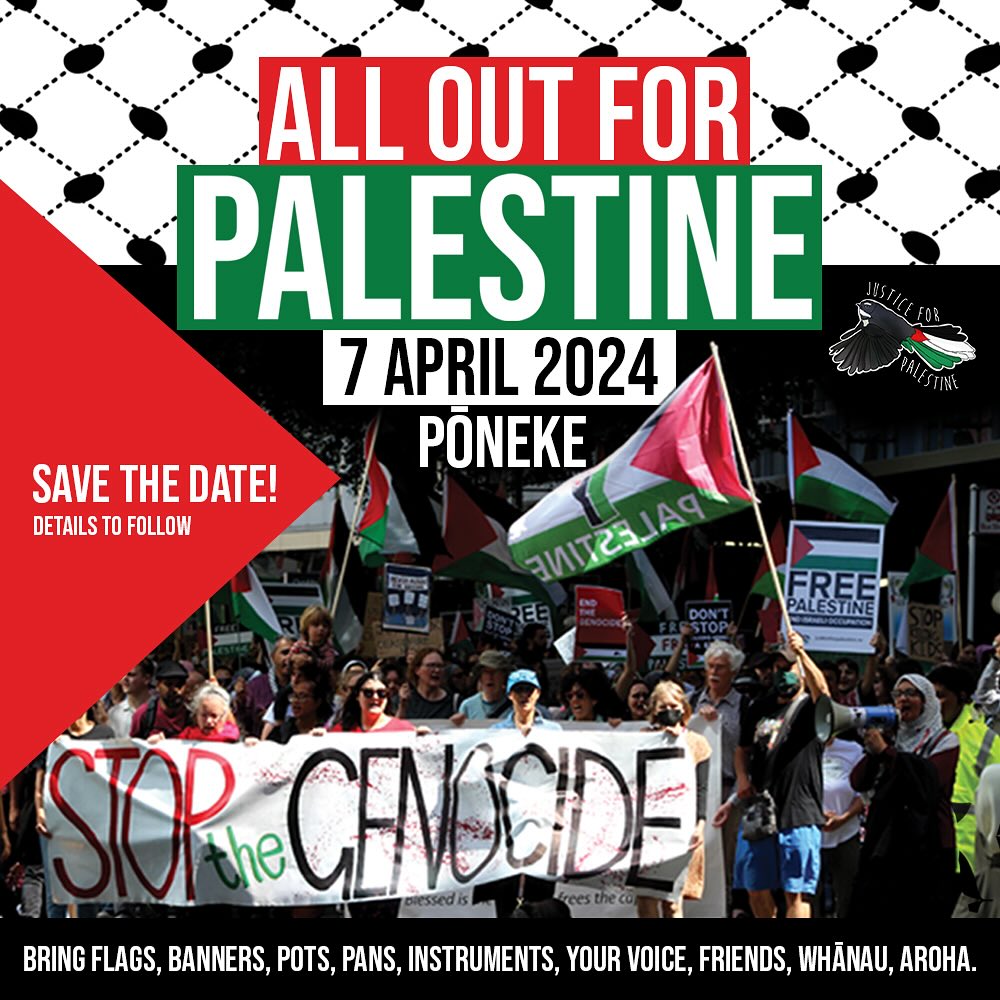The following is an interview with Olive McRae, welfare advocate, conducted by Andrew Tait of the ISO on August 16, 2013
You’re a solo mother. What is your experience of Winz as a consumer?
It’s set up in such a way that people are uninformed about their entitlements. For example, if they find out they are after the fact they have been on the benefit for three months and find out they are entitled to accommodation supplements then apply for it on the date they find out and then they are paid from the date they applied and they are backpaid up to 28 days not from when they were first entitled to it. They used to backpay you, even up to a year.
In terms of privacy, the culture you encounter when you go into Work and Income is “open office” and there us no privacy. People are talking about very intimate parts of their lives in terms of health and personal circumstances. There is an ability to request a private room, however the rooms don’t have computers and if you request a private space, you are cast into the “problem” category.
In terms of complaint process, it is not clear how to make a complaint> If you navigate the system to make a complaint of a legal/technical nature, there is no legal support. Winz have the ability to use Crown Law and Ministry of Social Development (MSD) expertise but clients have no advocate and no legal advice because you can’t get Legal Aid. You can ask for advice from the Community Law Centre but they can’t go with you to Winz and the advice is really base level minimum because they don’t specialise in the area. You can ask church agencies, eg Presbyterian Support for a social worker to go with you to Winz but as a support person, not as an advocate because they are not versed in your rights as a beneficiary. Liz Gordon [a former Alliance MP] is researching beneficiaries access to justice, and it will be very interesting to see the results of her work.
The government is now talking about birth control for beneficiaries. What’s the story?
They are now “offering” women on the Domestic Purposes Benefit (DPB) contraceptives and the women’s daughters over 16 years old are also “offered” these contraceptives. The state offering medical advice about reproductive choices is a bit off and there are men on the DPB but they are not being offered vasectomies, so far as I know.
Is this motivated by a fear that solo mothers are having babies for money?
This is about a manufactured welfare crisis. The government is pumping this message out in the media that there is a welfare crisis and that women are responsible because they are having babies for money. It is part of a package of ideas the government has pumped out through the media. That is so they can segregate beneficiaries and give low paid workers someone to blame. But it doesn’t work out. You don’t get paid enough money anyway and you certainly don’t get enough extra for another child. It’s not as though you get a surplus of money to play with.
As part of the reforms, solo parents are required to put their children into daycare for 20 hours. Beneficiaries are no longer allowed to homeschool, they have to enroll their child with a GP and have Well Child checks. What that is doing is taking away medical and educational choices. They have justified this as protecting “vulnerable children” but no research shows that beneficiaries are bad parents. What the research shows is that poverty creates vulnerable children.
If you don’t meet these obligations (which is up to the case manager’s discretion), then your benefit will be cut by 50%. Paula Bennett has said nobody will be on permanent or prolonged benefit reduction but she has not specified what happens when parents continue not to meet these obligations. For example, if you have children who are cared for by whanau and that’s the best for you, you still have to put them into daycare; or if you want to put them into total immersion [kohanga reo] but that is not available you still have to put them into a cultural setting you are not comfortable with.
The Government doesn’t want to admit poverty is the problem, so we’ve segregated beneficiaries and forced them into health and educational systems. If should be mandatory for all children or none.
What these measures are going to do is create more poverty, extreme poverty, which is going to create more vulnerable children.
You’ve laid a complaint with the Human Rights Commission about the reforms. What’s that about?
I laid a complaint with the Human Rights Commission that the reforms breached my human rights by taking away my medical and educational choices on the basis of my employment status. The Human Rights Commission upheld my complaint, so now we are off to court.
So you’re fighting through the legal avenue, but you’re also an advocate for other beneficiaries. What does that involve?
I’ve been doing consumer advocacy informally for about five years. That involves informing people of their entitlements and navigating the system to get those entitlements and to go through the formal complaint process. For example, this week a woman contacted me. She has two vulnerable children in her care because their mother was unable to care for them. Their mother committed suicide this week. The woman went into Winz to ask for financial support to take the children to the tangi and she was declined. She was in quite a state. She had to borrow the money to go to the tangi but she wants help to get paid back by Winz. I’ll help her do that.
Another example is with sickness benefits. If you have a sickness benefits, you have complicated technical situations. I have a client who is in and out of psychiatric services. He is often committed for periods of time, when he is not in a mental state to keep up with his obligations to Winz. When he is committed his entitlements change and he is not in a state to deal with Winz, so his benefit is cut. He is often transient and can’t hold down a job. One of the requirements to get a benefit is to have an address. Because of his high needs coupled with his drug and alcohol problems and lack of support from the health system it is an impossibility to have a permanent address, so he gives whatever address of wherever he happens to be sleeping at the time. On a regular basis, Winz sends out a letter which he won’t receive so his benefit gets cut off. Then there are number of hoops to jump through to get a benefit reinstated.
This is hard to talk about because it is such a huge topic and has so many facets.
Welfare used to be delivered by the Department of Social Welfare, what the first Labour Prime Minister Michael Joseph Savage called “applied Christianity”. Now we have “Work and Income” for people who have neither work nor income. What do you think about this shift from welfare to punishment?
What I think they are trying to do now is to privatise welfare, to get church and social agencies to take responsibility for welfare, which would be another kind of “Christianity in action”. For example, Winz operates out of “Community Link” and offers a “wrap-around approach”; they’ve got these agencies like Anglican Family Care in their building and Winz is funding them to deliver compulsory budget advice. When the benefits were cut in the 1990s, social agencies spoke out but now they’ve got all these agencies that once held their autonomy and spoke up for poor people but now there’s this deafening silence because Winz has got all these agencies tied to them through funding contracts. ECE (early childhood education) providers are also being forced to dob in beneficiaries whose children are not in daycare; they don’t want to do it but the state is tying in these private agencies through funding contracts.
Finally, what would you like to do with Paula Bennett and Winz?
I think it is unfortunate that National is using Paula Bennett as the mouthpiece for these brutal reforms on the basis that she was once a solo mother. What a lot of people on benefits can’t stand isn’t so much the reforms as the hypocrisy of cutting the Training Incentive Allowance that allowed her to get her degree. She got a government loan to get her house and now she’s slashing all these things.
My vision is a Mana-led government that supports people in poverty to have a decent standard of living so they can participate in society and we shift the blame from beneficiaries to actually look at the inequality in our society.
We need to start supporting sole parents and valuing the work they do. Parenting is work and we need to view it that way.









